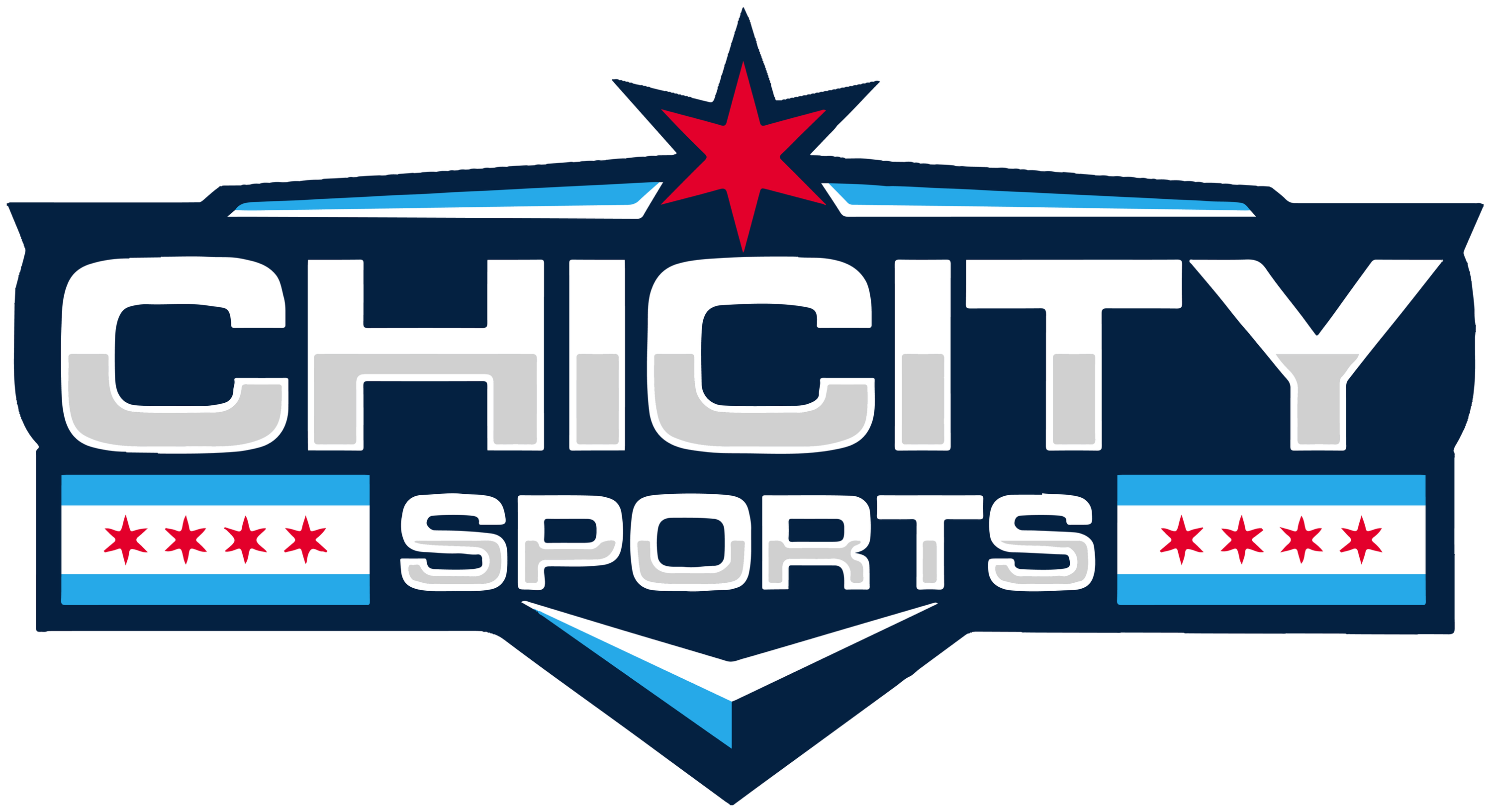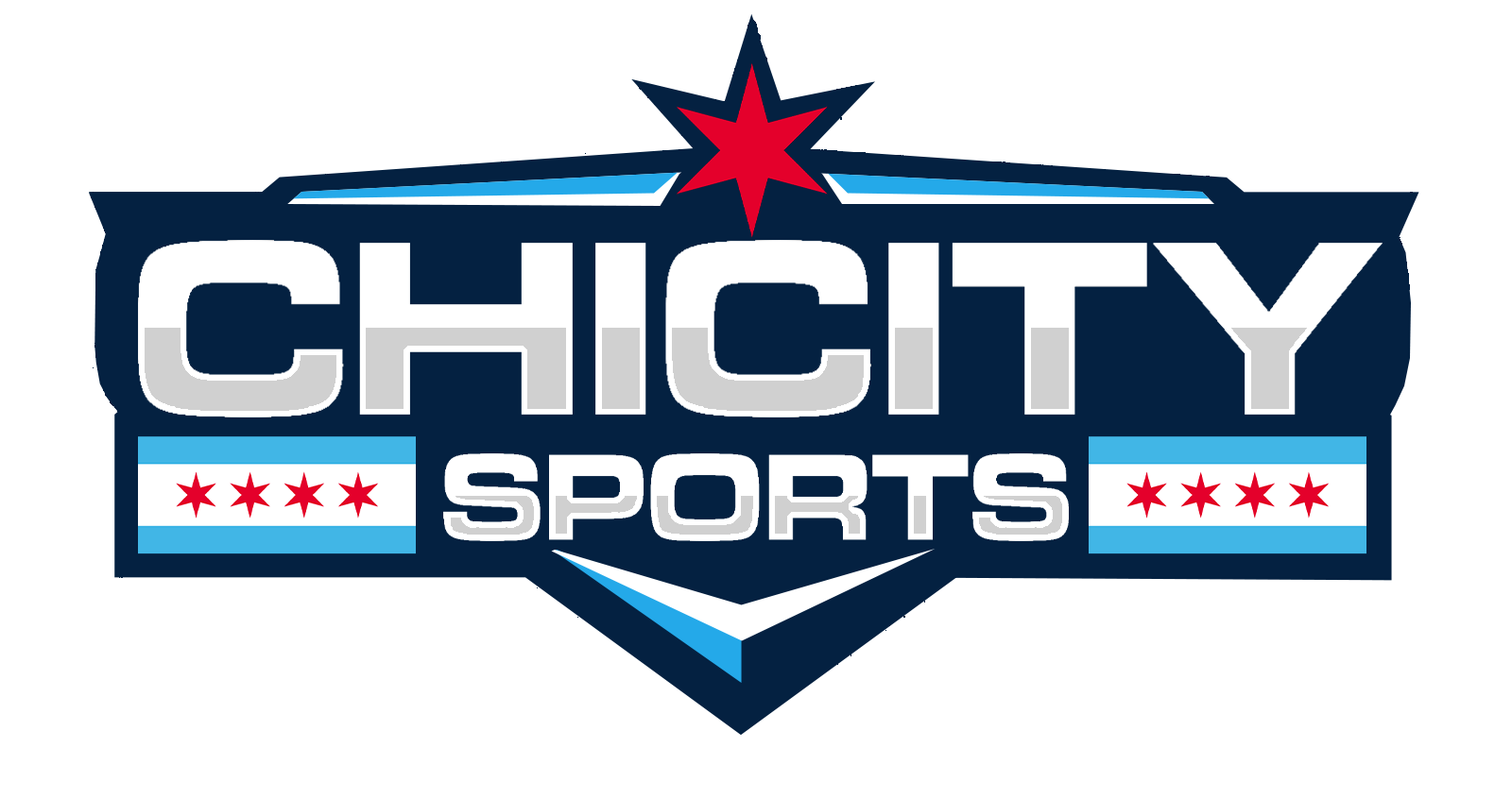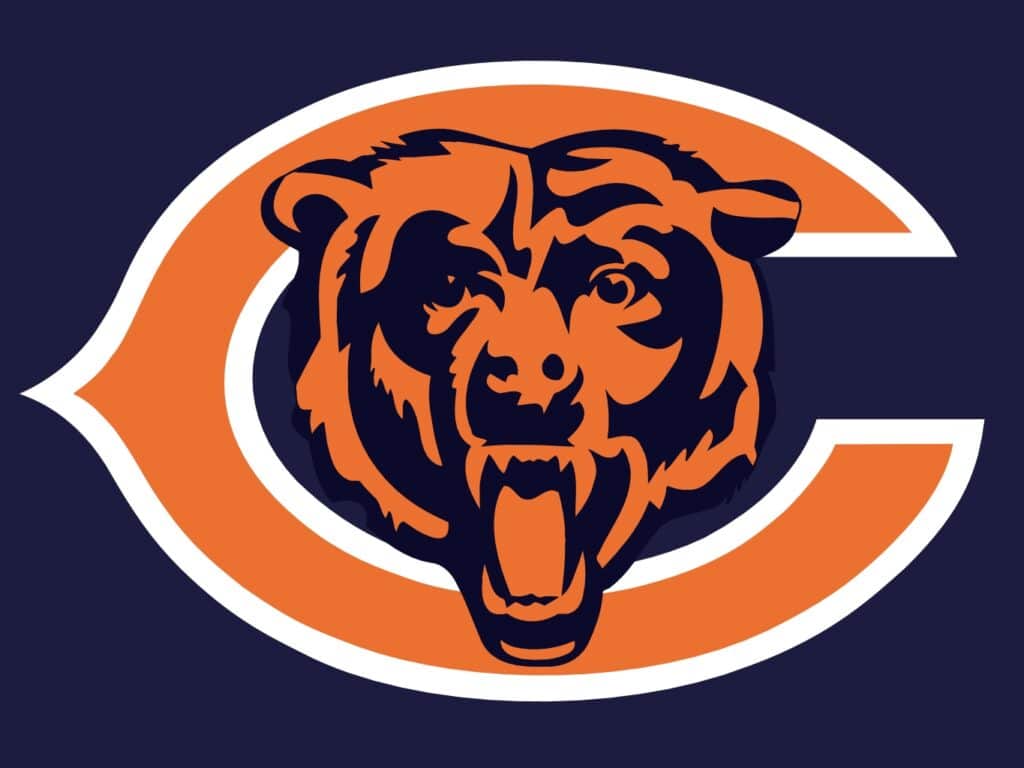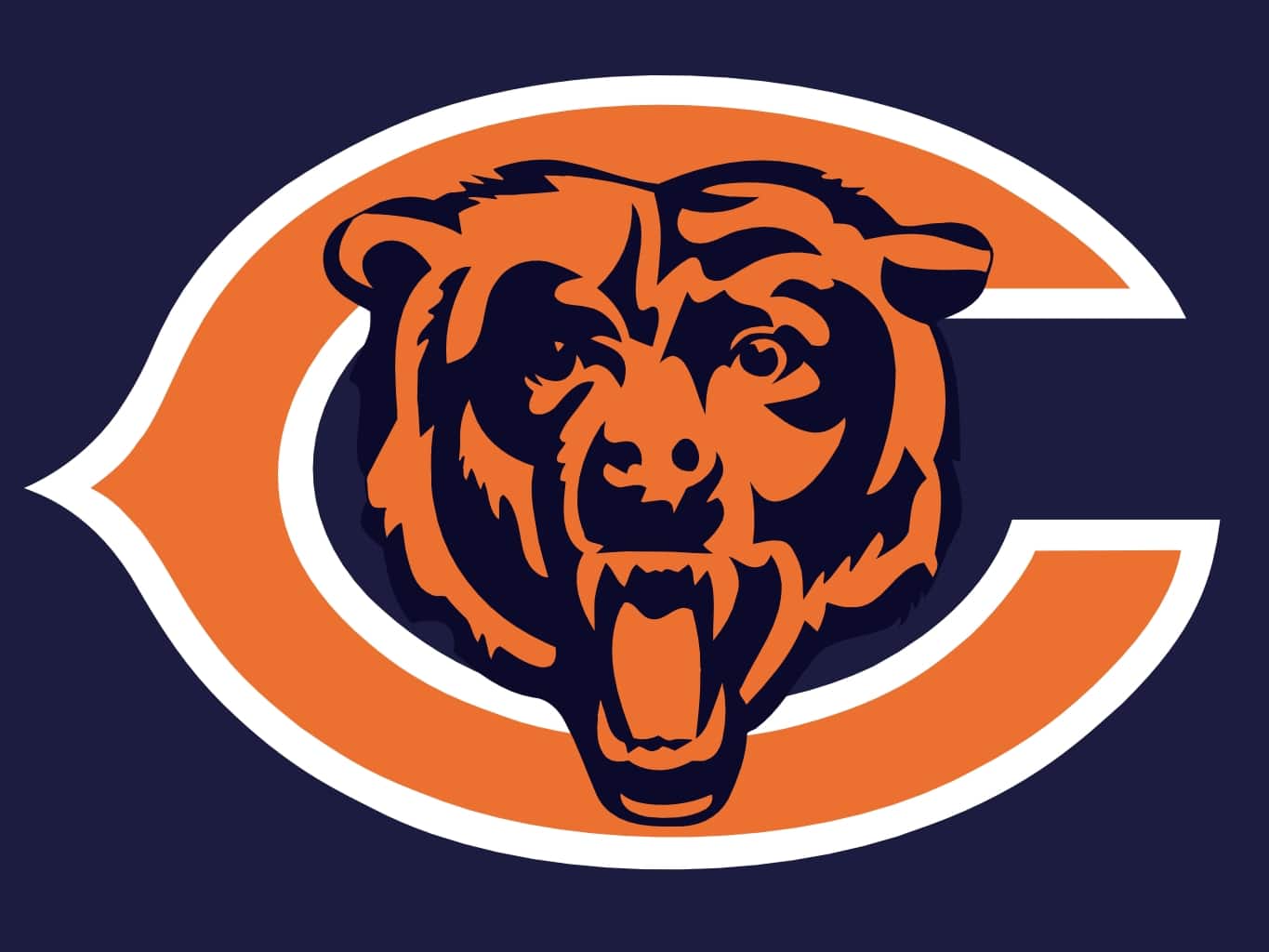Teams seem more bound and determined than ever to eliminate dead money from their cap situations. In an interesting twist, consider the new contract that Darrelle Revis agreed toas a result of his trade from the Jets to the Buccaneers over the weekend. Via Mike Florio atprofootballtalk.com:
[It’s] a one-year deal with a series of five one-year, team-held options. If the Bucs choose to keep Revis, they’ll pay him $16 million per year for the privilege of doing so. If/when the Bucs decide that Revis isn’t earning his keep, the Bucs can cut him.
The deal is reminiscent of the contract D.J. Williams agreed to with the Bears. He is actually being paid game to game this year.
The contract also reflects the new reality in the NFL. Players are having a hard time getting the money and the security they want this offseason. Jack Betcha at The National Football Post does a good job of explaining the situation as he tees off on the agents for these players for building unrealistic expectations.
“[T]here is still an unusual amount of high quality free agents on the street and it’s not always the fault of the system, the teams, the CBA or the player that they haven’t been signed and paid to date. Occasionally the agent is to blame and here is why:
“Agents can be guilty of overpricing the player to the marketplace. Before a client hits the free agent market it’s vitally important for agents to do their research for 10 months leading up to the beginning of free agency. It’s important to establish a value for your client and his position based on what the market will bare. Talking with GMs, pro personnel directors, the NFLPA research department and team salary cap managers can accomplish this.”
“This year was an interesting year in free agency because the two prior years (non-capped year included) were complete anomalies. They didn’t provide us with the best of comps going into this year. Additionally, there was only a modest increase in the cap, which was practically flat. With the addition of ten new GM’s over the last two years (who historically don’t make huge free agency signings), and cheaper draft choices under the new CBA, it was a perfect recipe for a soft free agent market in 2013 (as I predicted here).
“For those agents who were looking to hit it big this year, they may have missed the boat and did a huge disservice to their client.”
The Bears saw this problem last year with Olin Kreutz and now this year with Brian Urlacher. Whether its the agents or the players, both got greedy. The Bears offered more than they were worth on the open market. Instead of being grateful, both tried to get more from an organization the never overpays. It hard to say exactly where the blame lies but if their agents didn’t make them aware of the realities of the situation before hand, they are largely to blame.
In any case, I keep hearing that there are growing complaints amongst the players, the agents and the NFLPA about collusion. They probably aren’t willing to go public yet because they want to see what the market is like for veteran players after the draft when teams that haven’t filled needs go shopping again.
But I’ll be very surprised if it turns out that there’s any such thing going on. Much more likely, these entities only have themselves to blame for their problems in the market.
For More Great Chicago Sports Content
Get the latest Chicago sports news, analysis, and breaking stories on the Bears, Bulls, Blackhawks, Cubs, White Sox, Sky, and more! Tap the star to add us to your favorites on Google News, so you never miss a story on your favorite Chicago teams.
Follow us on Twitter at @chicitysports23 for more great content. We appreciate you taking time to read our articles. To interact more with our community and keep up to date on the latest in Chicago sports news, JOIN OUR FREE FACEBOOK GROUP by CLICKING HERE




